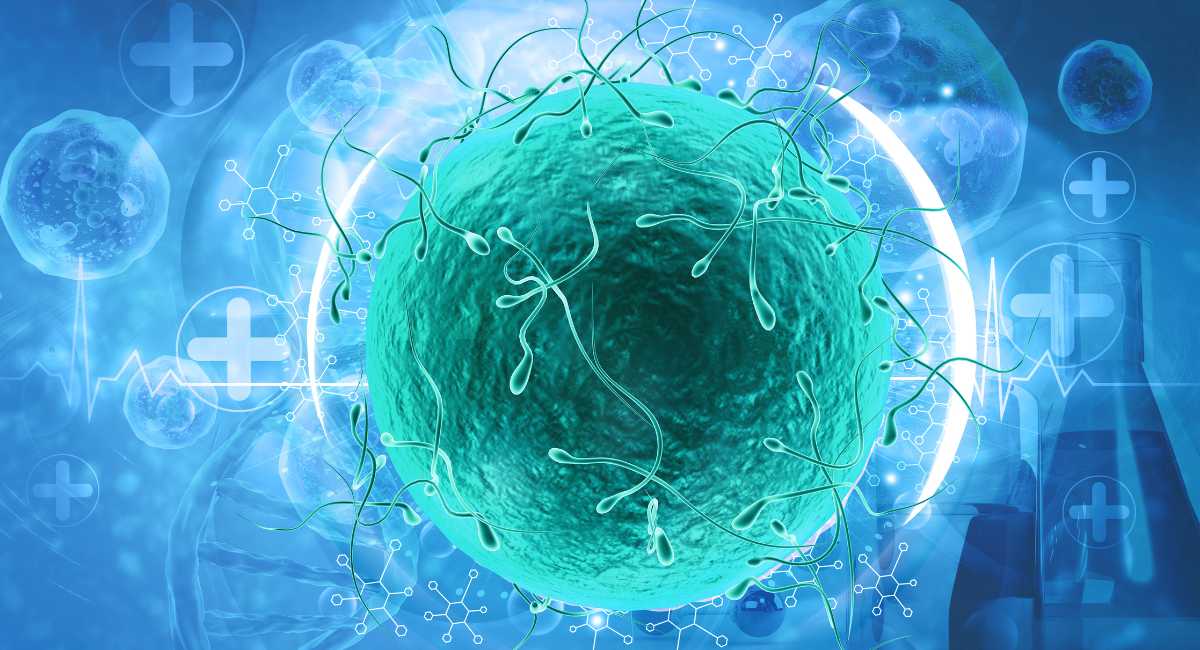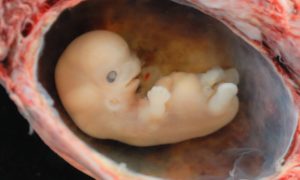A new report from The Guardian details an incident in which at least 10 children from the same sperm donor have developed cancer due to a rare genetic variant carried by the donor. The report highlights just one of the concerns that can arise in the largely unregulated sperm donor industry; however, the case is being used to support the erroneous belief that sperm donation is unethical only if the children are deemed unhealthy. Sperm donation is always inherently wrong.
KEY TAKEAWAYS:
- A sperm donor who has fathered at least 67 children has been found to have a rare cancer-causing genetic variant that has resulted in at least 10 of his biological children developing cancer.
- As a result, one biologist is calling for more limits on sperm donation.
- The situation underscores one of the problems of an unregulated sperm donor industry, including a lack of knowledge regarding the children’s health, which could better prepare parents to monitor and care for the children.
- Sperm donation is always unethical, not just when the children conceived are considered unhealthy.
THE DETAILS:
The situation came to light after two of the families who used the man’s sperm contacted their fertility clinics after their children developed cancers that appeared to be linked to a rare genetic variant. The European Sperm Bank then confirmed that the cancer-causing variant was present in the donated sperm. So far, 10 of the man’s biological children have developed cancer, and 23 more have been found to have the same gene variant. The man has fathered at least 67 children through sperm donation.
Dr. Edwige Kasper, a biologist at Rouen University Hospital in France, presented the case at an annual conference of the European Society of Human Genetics in Milan, using it to argue for limitations on the number of times a donor’s sperm can be used. The European Sperm Bank currently holds a limit of 75 families per donor, but Dr. Kasper argues that the limit should be much lower.
“We need to have a European limit on the number of births or families for a single donor,” Dr. Kasper said.
“We can’t do whole-genome sequencing for all sperm donors – I’m not arguing for that,” she added. “But this is the abnormal dissemination of genetic disease. Not every man has 75 children across Europe.”
WHY IT MATTERS:
While it’s true that the spread of this rare gene variant would have been much lower if the man had only fathered children naturally and not sold his sperm to the fertility industry, sperm donation isn’t wrong only when there is a risk of passing on genetic variants that can cause a health condition. Sperm donation is always inherently wrong because it commodifies children and denies them their right to both of their biological parents.
Artificial reproductive technologies (ART) give adults the power to pick and choose the traits they want their children to have — or not have — and allow for the destruction of human lives based on genetic factors. To argue that certain children should have been or should be screened out is one of the major ethical dilemmas concerning ART.
In addition, with sperm ‘donation,’ in which a man is paid for his sperm, his resulting children often feel like consumer products, and they are denied their right to their biological parent, and oftentimes, their medical history. This is unethical in every case. In this specific case, the adults raising the children were denied the knowledge that their children had a predisposition to a certain health condition — knowledge that could have helped them to better care for the children and better prepare and monitor for signs of cancer.
According to The Guardian, doctors advise that children with this gene variant be monitored with regular whole-body MRI scans, MRI scans of the brain, and, as adults, scans of the breast and ultrasound of the abdomen. Many of these families were denied that opportunity.
THE BOTTOM LINE:
Artificial reproductive technologies are always unethical because they open the door to such mistreatment of human lives. As Live Action News has previously reported, unregulated sperm and egg donation is carried out to satisfy the desires of adults who want to become parents without any consideration for the well-being of the children who are created in the process. As a result, donors are known to have fathered hundreds, and even thousands, of children, with little consideration that each child created deserves to have the love and attention of both his biological mother and father. Upon learning of the means of their conception later in life, these children often face an identity crisis. For these children with cancer or at risk of cancer, any comments that they should not exist because of their genetic variant are likely to exacerbate any identity crisis they may face.








